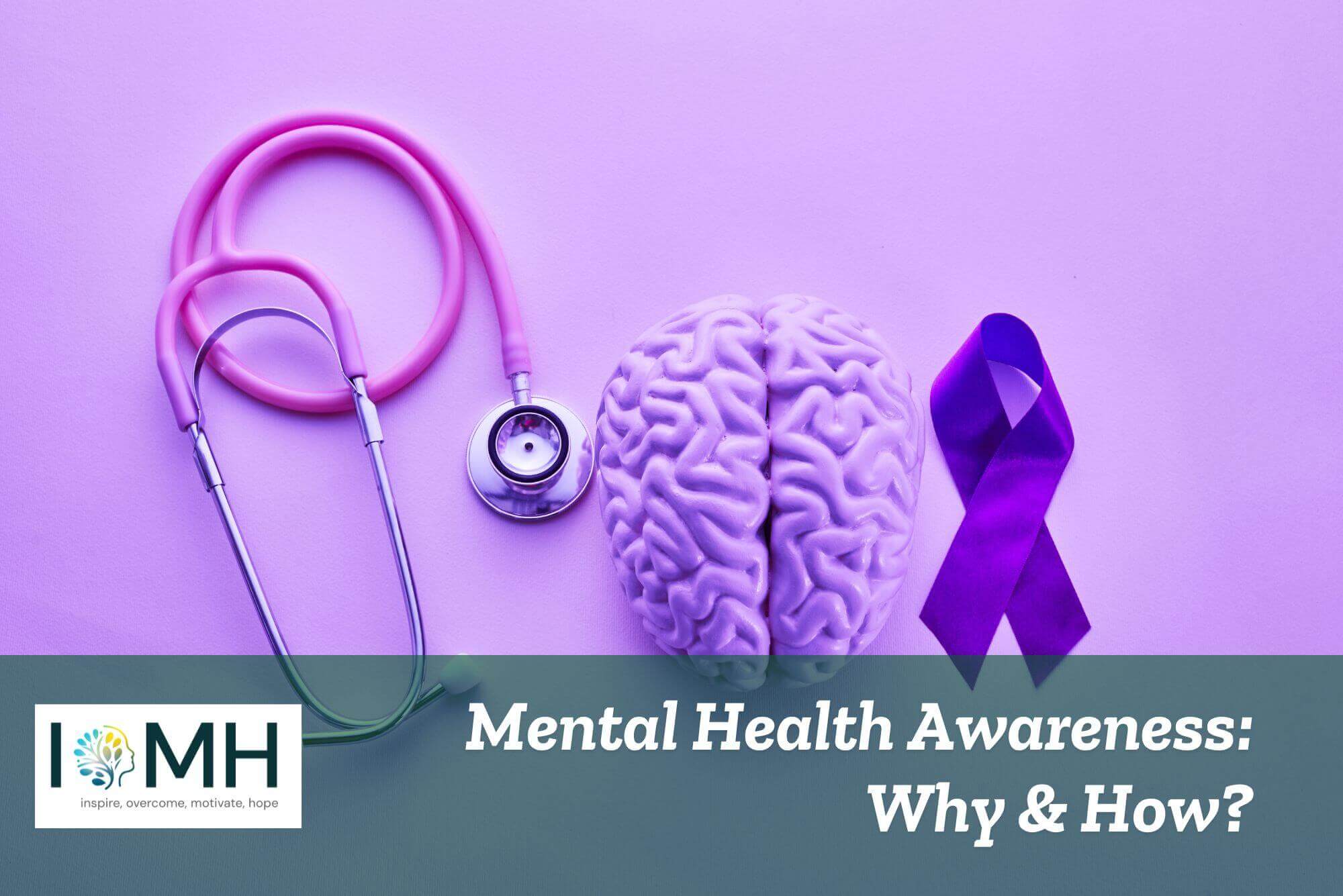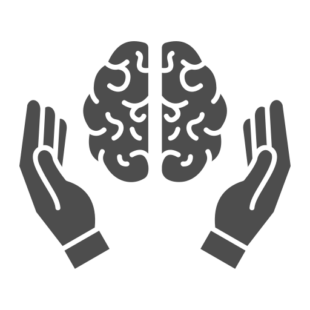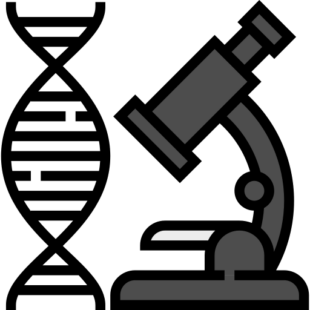
Introduction:
In today’s fast-paced world, while physical health often garners much attention, mental health remains an equally vital component of our overall well-being. Mental health awareness transcends the mere acknowledgement of mental illnesses; it encompasses understanding, acceptance, and proactive strategies for maintaining a healthy mind. In this detailed blog, we delve into the significance of mental health awareness, shedding light on its various facets and offering practical approaches to integrate it into our everyday lives.
The Essential Nature of Mental Health Awareness
Breaking the Stigma
One of the most formidable challenges in mental health is the stigma attached to it. This stigma often leads to misinterpretation, fear, and avoidance, creating significant barriers for those in need of help. Awareness is a potent tool in dismantling these barriers, fostering a culture where discussing mental health is normalised and encouraged, rather than shrouded in secrecy or shame.
Early Detection and Intervention
Awareness plays a pivotal role in the early detection and intervention of mental health issues. Similar to physical health, identifying mental health problems at an early stage can dramatically improve the effectiveness of treatment and recovery. This aspect is crucial, considering how untreated mental health issues can escalate, affecting various areas of life.

The Interplay of Mental and Physical Well-being
Our mental health profoundly impacts our physical health, relationships, work productivity, and overall quality of life. Recognising this interconnection underscores the need for a holistic approach to health, where mental well-being is given equal importance as physical health.
Understanding Mental Health
Mental health encompasses our emotional, psychological, and social well-being. It’s the lens through which we view the world, influencing our thoughts, feelings, actions, stress management, and decision-making processes.
Common Mental Health Issues
- Depression and Anxiety: These are the most widespread, affecting millions globally, manifesting in persistent sadness, worry, and a host of physical symptoms.
- Stress: A normal part of life, stress becomes problematic when chronic, leading to both mental and physical health issues.
- Severe Conditions: Disorders like bipolar disorder and schizophrenia, though less common, require specialised attention and treatment.
Start A Rewarding Career As A Mental Health Practitioner?
Promoting Mental Health Awareness
Education: The First Step
Knowledge empowers. By learning about various mental health issues, their signs, and potential treatments, we can better understand and assist those who struggle with these conditions. Sharing this knowledge further creates a ripple effect, enlightening entire communities.
Language Matters
The words we use can either reinforce stigma or help break it down. Opt for language that is respectful, accurate, and devoid of stereotypes when discussing mental health.
Cultivating Open Dialogues
Foster environments where mental health discussions are normalised. This could mean setting up support groups at work, initiating conversations with families, or even using social media platforms to spread awareness.
Cultivating Open Dialogues
Foster environments where mental health discussions are normalised. This could mean setting up support groups at work, initiating conversations with families, or even using social media platforms to spread awareness.
Supporting Mental Health Initiatives
Active participation in mental health campaigns, whether through volunteering, fundraising, or advocacy, amplifies the efforts of those working tirelessly in the field of mental health.
Building Supportive Environments
Whether at home, workplace, or in social circles, nurturing an environment that is empathetic and understanding towards mental health struggles is crucial.
The Role of Self-Care
Self-care is a vital component of mental health. Regular exercise, meditation, sufficient sleep, and pursuing hobbies can significantly contribute to mental equilibrium.
Professional Help: A Sign of Strength
Seeking help from mental health professionals is a sign of strength, not weakness. It’s important to recognise when professional intervention is needed and to make it accessible.
Addressing Challenges in Mental Health Awareness
Despite advancements, challenges persist, including limited access to mental health resources, cultural stigmas, and underfunding of mental health services. Overcoming these hurdles requires a concerted effort from individuals, communities, and policymakers.
Conclusion
Mental health is an integral part of our existence. By championing mental health awareness, we contribute to a society where mental wellness is prioritised, and support is accessible to all. It’s important to remember that mental health is a continuous journey, one that we are all navigating together. Through collective efforts, we can create a world where mental health is understood, accepted, and nurtured.
- All Courses
Personal Development (1196)
 Employability (401)
Employability (401) Management & Administration (317)
Management & Administration (317)Health & Social Care (272)
 Health and Safety (271)
Health and Safety (271)Business (209)
IT & Software (192)
 Health and Fitness (187)
Health and Fitness (187) Teaching & Education (157)
Teaching & Education (157) Mental Health & Counselling (108)
Mental Health & Counselling (108) Accounting & Finance (105)
Accounting & Finance (105) Science & Technology (98)
Science & Technology (98) Sales & Marketing (91)
Sales & Marketing (91) Art & Design (82)
Art & Design (82) Construction & Engineering (81)
Construction & Engineering (81) Compliance & Law (70)
Compliance & Law (70)Language (69)
Career Bundle (57)
 Photography & Lifestyle (44)
Photography & Lifestyle (44) Animal Care (38)
Animal Care (38) Sports & Fitness (34)
Sports & Fitness (34) Diet & Nutrition (30)
Diet & Nutrition (30)Makeup & Beauty (26)
 Food Safety & Hygine (22)
Food Safety & Hygine (22)First Aid (20)





0 responses on "Mental Health Awareness: Why & How?"